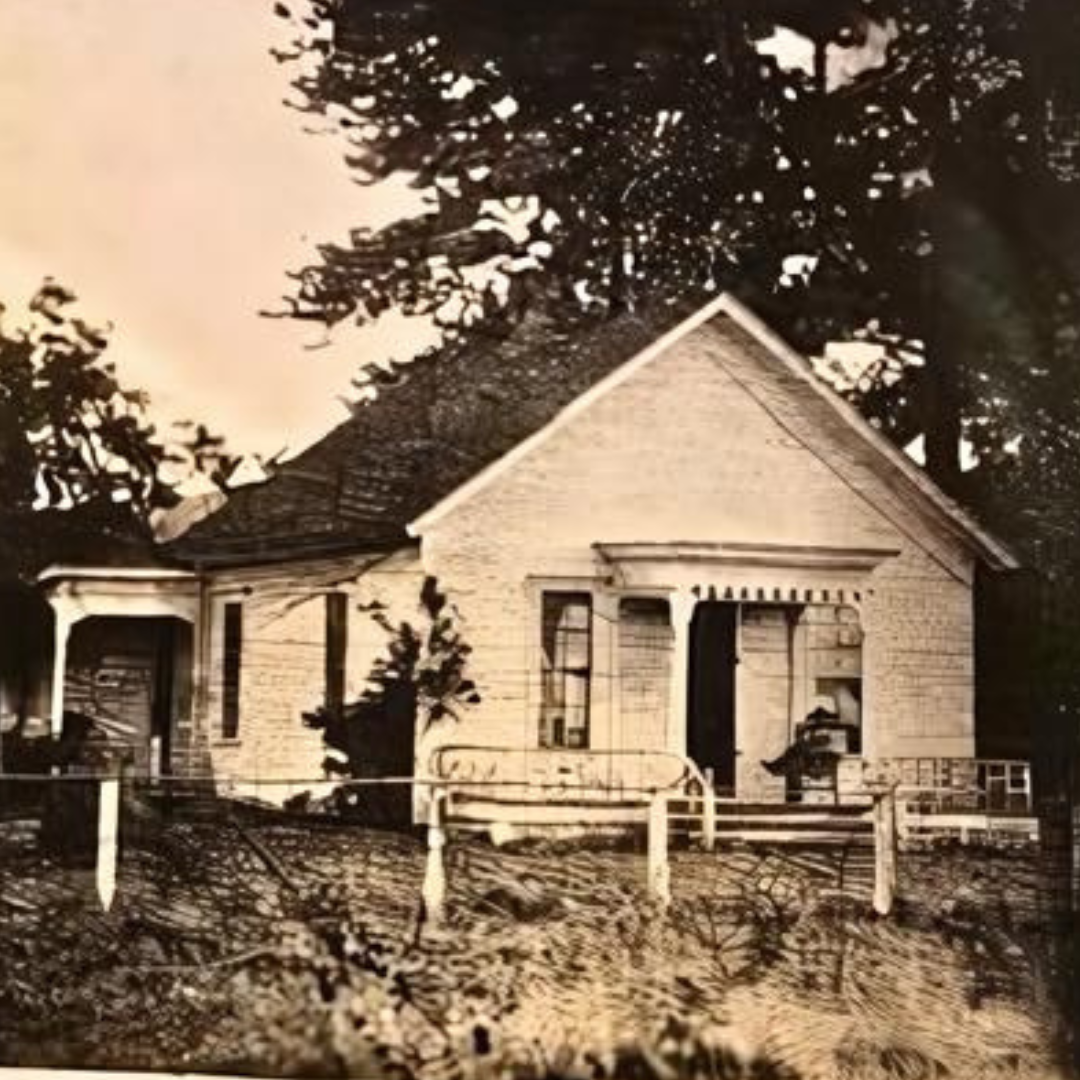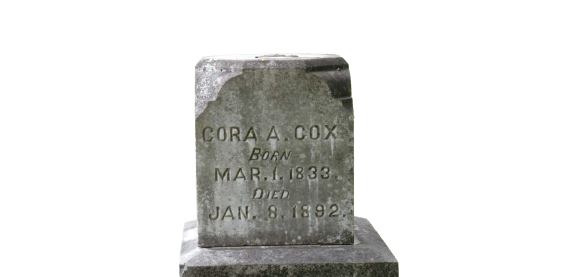Oregon Black History Spotlight: Cora Cox
By Oregon Black Pioneers
The first Black resident of Linn County, Oregon was a woman then known only as Cora Ann. She was born into slavery in Virginia between 1822 and 1833, and by 1837 was living in New Orleans, where she was purchased by 32-year-old Emeline Carey Sellick. In 1850, Emeline and Cora moved to Missouri, where Emeline married Samuel Johnson. That same year, the couple moved to Oregon, and Cora traveled with them on the Oregon Trail as an enslaved overland pioneer.
When the Johnson party reached Oregon in the fall of 1850, Cora became one of just 55 Black people in the Oregon Territory. African Americans – free or enslaved – had been legally barred from coming to Oregon since 1849. However, legislation targeting Black people often went unenforced within Oregon’s disparate farming communities. This allowed a handful of Black Americans to remain in Oregon despite their legal exclusion, but it also allowed slavery to continue long after the practice was prohibited. Oregon’s Supreme Court outlawed slavery in 1853; Cora, however, would continue to be held as Emeline’s slave until the 1860s.

Samuel Johnson claimed a 640 acre homestead near Brownsville in Linn County, and built a home which he and his wife shared with Cora. The Johnsons had no children. Samuel Johnson drowned in the Calapooia River in January 1858, leaving Emeline and Cora alone.
In December 1858, Cora married John Cox, a Black farm laborer. Theirs is the earliest recorded marriage of two Black people in Oregon. John Cox worked for Jefferson Huff, a white widowed father of two from Tennessee who was likely John’s former owner. Two months later, Emeline and Jefferson Huff were married, and all began sharing the same home.
Cora and John had a daughter named Adeline in 1860. In that year’s census, Cora and Adeline were listed as slaves, while John was listed as free. A second daughter, Angeline, was born in 1864. Cora was emancipated in or before 1864 as well. That year, Emeline sold her “former servant” Cora 36.3 acres of land from her homestead with Samuel Johnson for just $10.00, in recognition of “faithful services rendered.” This purchase made Cora one of the earliest Black landowners in Oregon history. John Cox built a home for his family on this land that same year.
Cora remained close to Emeline even after receiving her freedom. In 1866, Cora testified in Emeline’s divorce trial against Jefferson Huff. The testimony of a Black woman was extremely rare in 19th century Oregon.
Cora was well known throughout the Willamette Valley; she and her husband were affectionately called “Aunt Cora” and “Uncle John” by their friends and neighbors. She was well-connected within the region’s small Black community. Cora attended Oregon’s earliest-known Emancipation Day celebration in Salem in 1867, alongside fellow Black pioneers like Ben Johnson and Amanda Gardner.

John Cox died in 1875, but Cora remained in her home until 1886. She sold the house and land that year for $600 and moved to Brownsville. Cora lived comfortably from the sale of her property for the rest of her life. Sources say Cora even made a monetary gift to Willamette University Women’s College in her will. Cora Cox passed away in 1892. The house she lived in from 1864-1886 still stands today, making it one of Oregon’s oldest homes.
